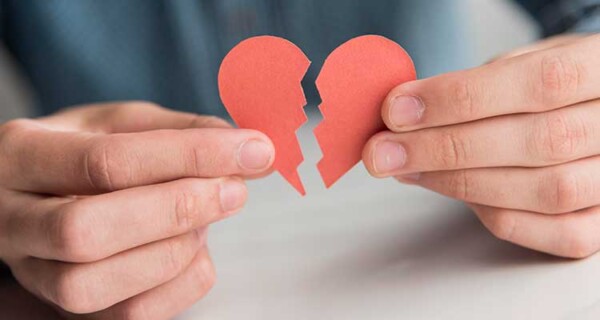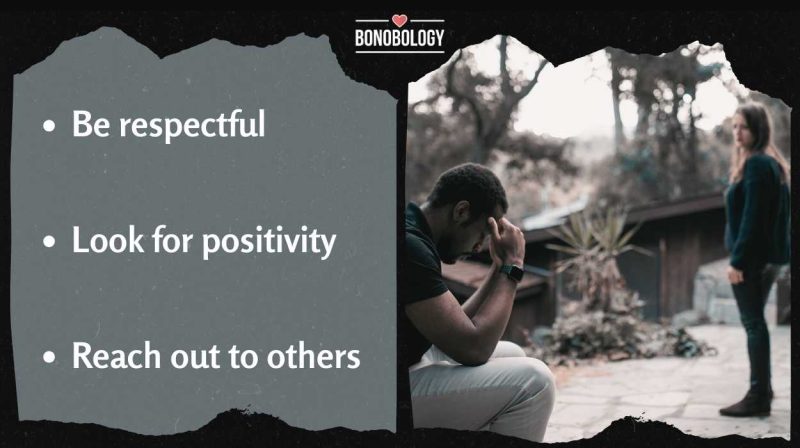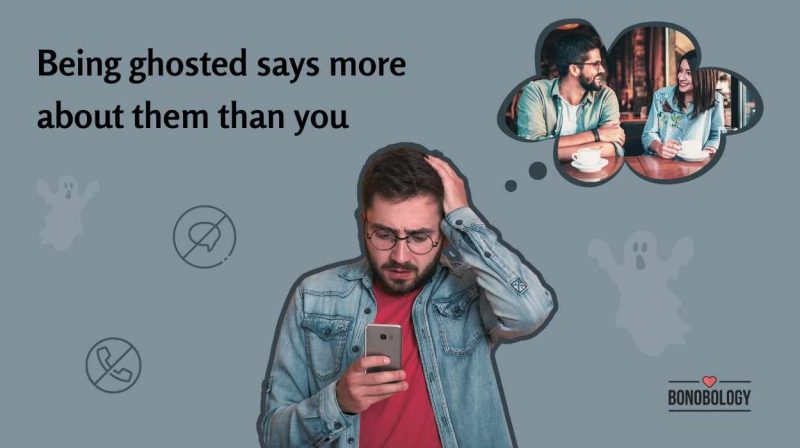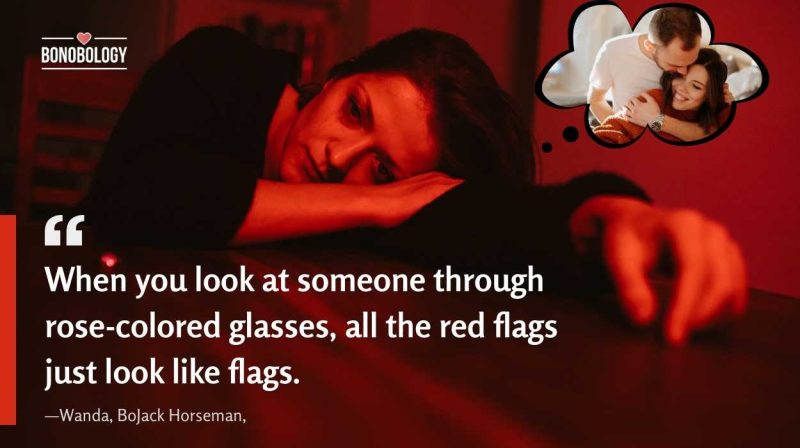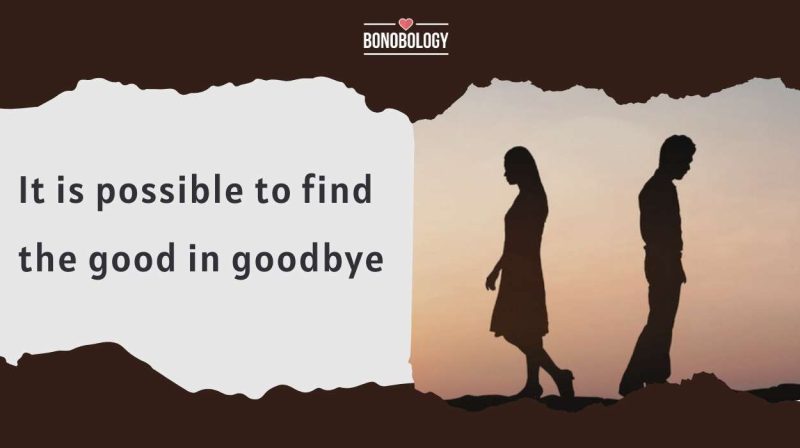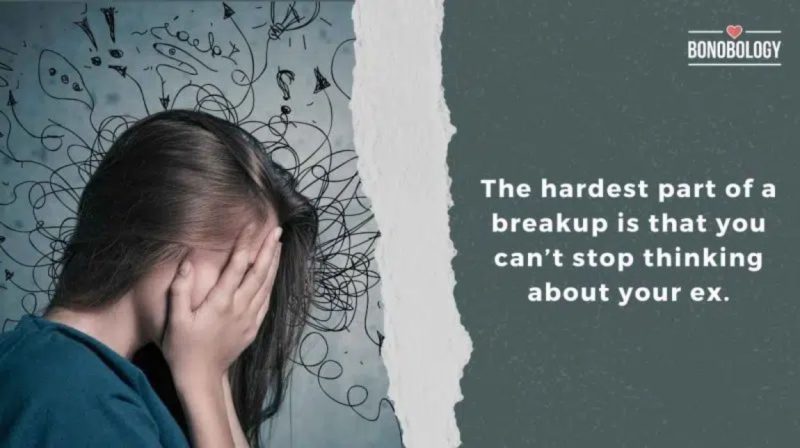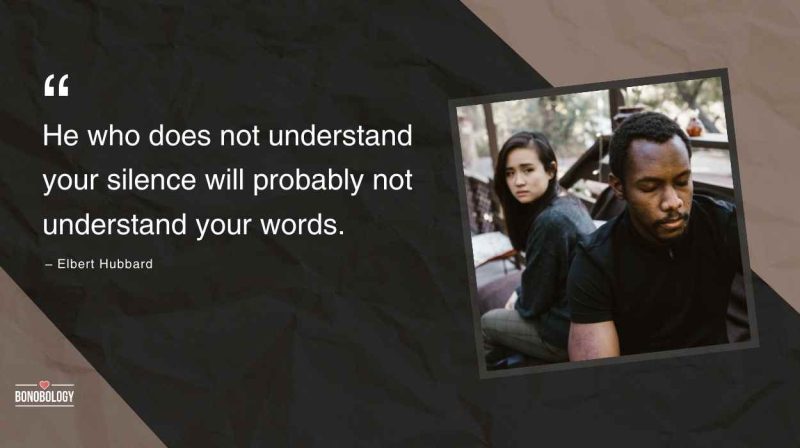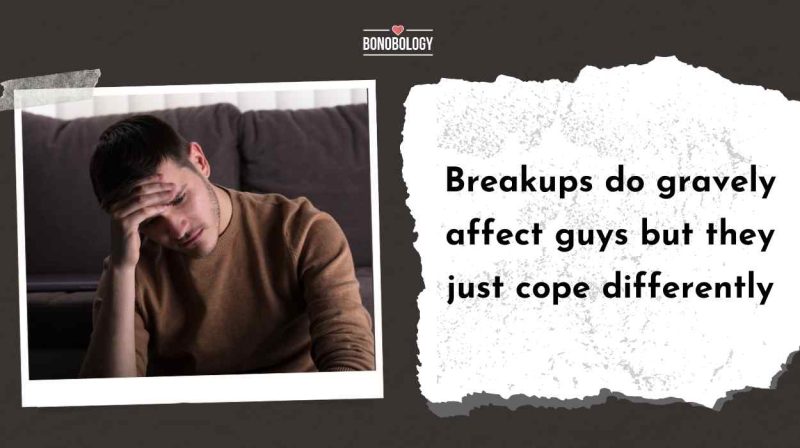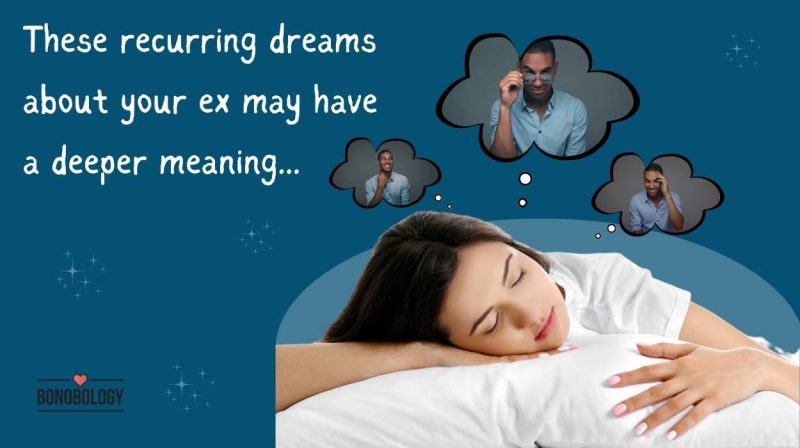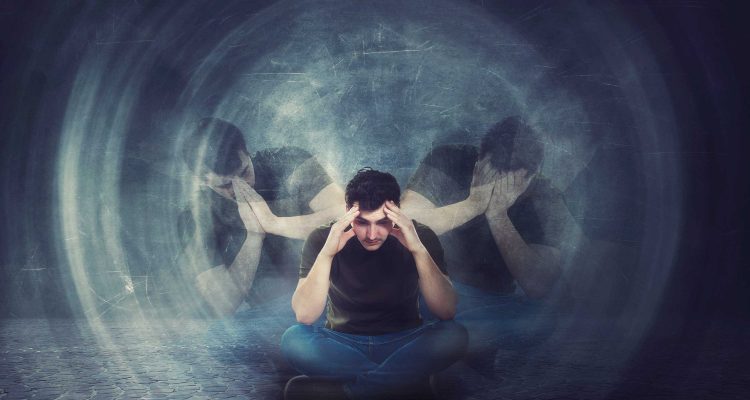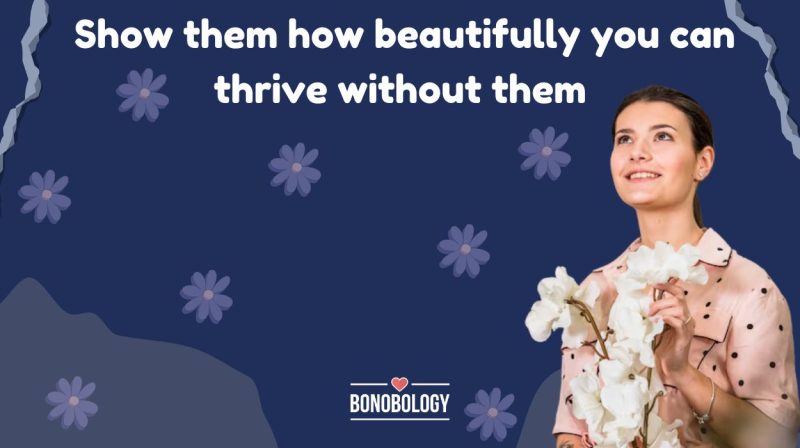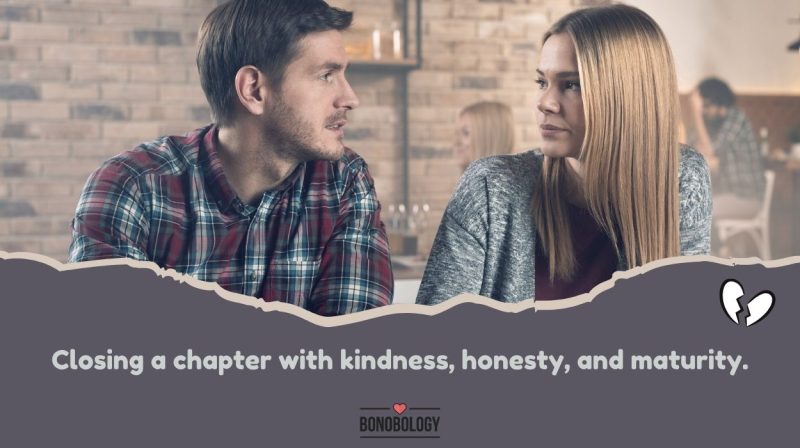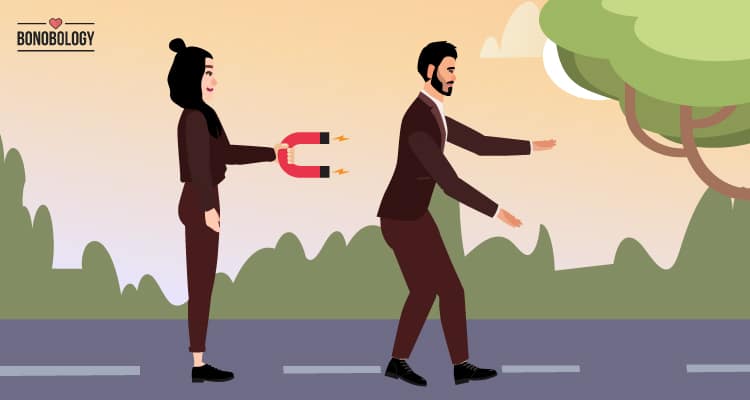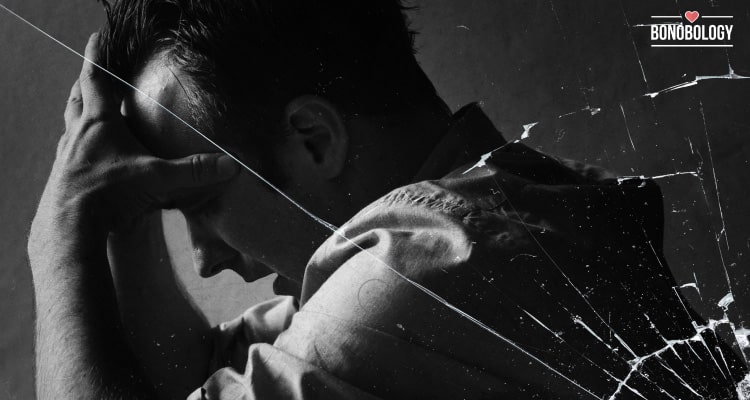“You can die of a broken heart — it’s scientific fact — and my heart has been breaking since that very first day we met. I can feel it now, aching deep behind my rib cage the way it does every time we’re together, beating a desperate rhythm: Love me. Love me. Love me,” Abby McDonald writes in the book, Getting Over Garrett Delaney.
When we think of heartbreak, it’s most often in abstract terms. Perhaps, the image that pops in the mind when you think of a broken heart is the ideographic heart symbol with a cracked line running through. After all, love, attraction, passion all stem from the brain, not the heart, the realist in you may say. So, how can the heart break when you suffer a romantic loss?
However, a broken heart can lead to actual cardiac consequences. The most significant among these is the Broken Heart Syndrome, also known as Takotsubo Cardiomyopathy, which can strike in response to a stressful event such as losing a romantic connection, impeding your heart’s ability to function normally albeit temporarily.
There is an established connection between our mental and cardiac health. To understand it better, let’s take a closer look at what is Broken Heart Syndrome, what triggers it, and what can be done to recover from it.
The Broken Heart Syndrome
Table of Contents
To understand the physiology of Broken Heart Syndrome, you need clarity on the changes that take place in your brain and nervous system when you’re in love. Being in love triggers real chemical changes in the body.
The brain and the bloodstream are flooded with feel-good hormones such as dopamine, which is the reward hormone, and oxytocin, the love hormone. It is these hormones that are responsible for all those warm, fuzzy feelings you experience, especially during the honeymoon phase of a relationship. They also make you more goal-oriented, motivated and passionate.
In fact, several experiments involving MRI scans have established that the Caudate Nucleus – the part of the brain associated with emotions, romantic interaction, reward and motivation, among other things – lights up in vivid colors when people are in love. In short, being in love is akin to a kind of high that is both rewarding and comforting. Heartbreak, on the other hand, causes a complete reversal of this feel-good state. When a romantic connection ends, there is a depletion of these hormones.
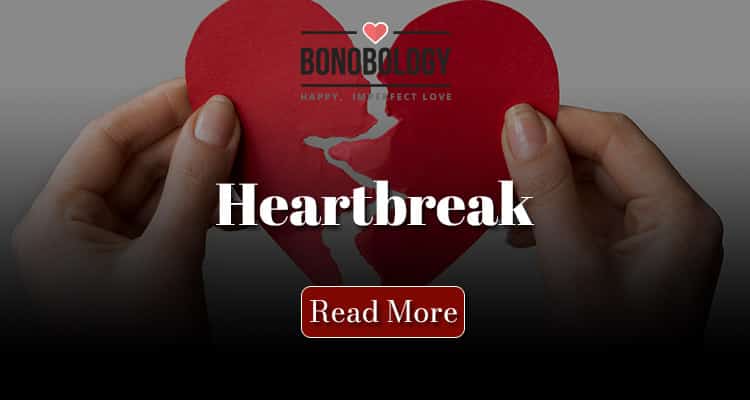
Whether the end of a relationship is sudden or gradual, the changes that your body goes through remain the same. The only difference is that if you didn’t see the breakup coming or your partner leaves without any explanation, this depletion of dopamine and oxytocin will also be sudden. Whereas if a relationship had been dragging on for a while and you knew that a breakup is inevitable, the impact is more gradual. In either situation, heartbreak is a traumatic experience and must be dealt with as such.
The trauma of heartbreak
When the feel-good hormones in the bloodstream deplete – be it suddenly or gradually – the body induces stress hormone, cortisol, to cope. This sends the nervous system into a sympathetic state, triggering the fight or flight response.
The fight response is where you want to stay and face the circumstances, which can bring out emotions such as anger and angst. The flight response tells you to escape, and you may seek comfort in distractions such as smoking, cigarettes, drugs or even hookups, to stimulate the same responses in the brain as being in love did.
Alternatively, you could land in the freeze state, where you bottle up and don’t deal with the emotions at all. Whatever your instinctive response to the pain of heartbreak, the body keeps up the cortisol secretion to manage the sympathetic state you’re in.
This hormonal imbalance in the body can lead to actual physical pain and discomfort. You may have heard people dealing with a breakup say: “I feel a stabbing pain in my heart.” Or “There is a constant heaviness in my chest.” Or “I have this perpetual pit in my stomach and feel like I can’t breathe.”
While we often think of these as metaphorical explanations for that feeling of emptiness after heartbreak, they may be experiencing this physical discomfort for real.
Related Reading: How My Heartbreak Changed Me As A Person
What causes the Broken Heart Syndrome?
The continuous amped-up supply of cortisol in the bloodstream can lead to internal inflammation. In certain cases, this inflammation can be so severe that it can cause the left ventricle of the heart to become stiff and temporarily paralyzed.
This is known as Broken Heart Syndrome or Takotsubo Cardiomyopathy. In its most extreme form, it can mimic the symptoms of a heart attack, such as sudden and severe chest pain, shortness of breath, and nausea.
As scary as it may sound, the symptoms of Broken Heart Syndrome usually subside on their own after some time, and the condition is treatable. A majority of people affected by it make a full recovery. If necessary, the condition can be managed with short-term medication.
Why do some people feel heartbreak more deeply?
Broken Heart Syndrome is considered to be a rare condition. According to the Cleveland Clinic, about 2% of people who seek medical help for suspected heart attacks are found to be afflicted by this condition. That being said, this may not be a realistic estimate of the number of cases because the Broken Heart Syndrome often goes undetected.
Even if you do suffer from it, it doesn’t necessarily escalate to a point where you feel like you’re having a heart attack. The statistics aside, it is an established fact that heartbreak is harder on some people than others. Why is it so?
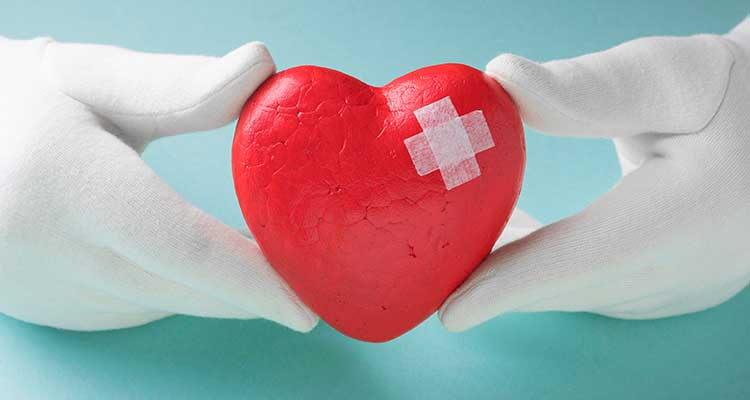
The answer lies in ACE – Adverse Childhood Experiences. Childhood experiences affect your adult relationships as well as coping mechanisms. Exposure to violence, abuse, and emotional neglect, parental abandonment and household dysfunction during one’s formative years, tremendously prime the brain for similar traumas in the future as well.
So, an emotionally stressful situation like a heartbreak can lead to a heightened stress response in the body, making you experience the pain of heartbreak more intensely.
Related Reading: Heartbreak has left me unable to achieve erections
The Right Way To Deal With Heartbreak
The aftermath of heartbreak is never easy on anyone. It’s imperative to process your emotions the right way to prevent things from escalating to an extent that you end up with a literal broken heart and also to be able to form holistic connections in the future. This is how:
- Grieve: Treat the heartbreak as real grief and don’t try to invalidate your own feelings or push them down. Seeking escape in alcohol or substance abuse, hookups and flings may provide temporary relief from the pain of heartbreak but unless it is dealt with the right way, you won’t be able to recover from it
- Acknowledge emotions: A heartbreak can bring up a lot of uncomfortable and unpleasant emotions. It’s crucial to acknowledge them. Talk about how you’re feeling to someone, preferably a mental health professional. Learn to sit with your emotions, no matter how unsettling, rather than trying to ignore them
- Introspect: An emotionally stressful event like a breakup or divorce can be turned into a healing moment. Tap into your emotions and introspect why you’re feeling the way you are. Are there any other unresolved issues or past traumas that this heartbreak may be bringing up? Explore what else needs healing and work on those issues before you move on. This will allow you to walk into the next relationship as a more wholesome version of yourself and not someone who needs to burden their partner with their emotional bile
Most importantly, if you experience symptoms such as shortness of breath and chest pain, walk into an emergency room and seek medical help. If it is caused due to Broken Heart Syndrome, in all likelihood, the symptoms will subside within 10-15 minutes of surfacing but it is advisable to get the necessary medical attention. There can be many cardiac conditions, including a heart attack, that can lead to similar symptoms. As a layperson, you have no way of knowing what may be the underlying cause, so don’t leave it to chance.
Dr Gaurav Deka (MBBS, PG diplomas in Psychotherapy and Hypnosis), in an internationally acclaimed Transpersonal Regression Therapist, who specializes in trauma resolution, and a mental health and wellness expert.
Your contribution does not constitute a charitable donation. It will allow Bonobology to continue bringing you new and up-to-date information in our pursuit of helping anyone in the world to learn how to do anything.

